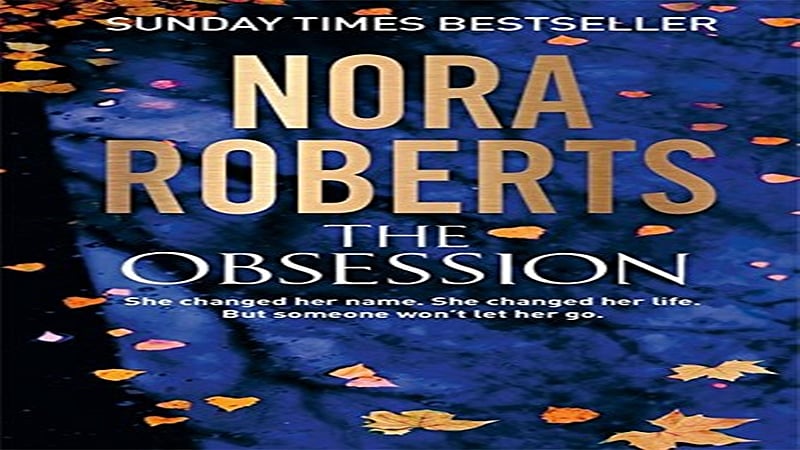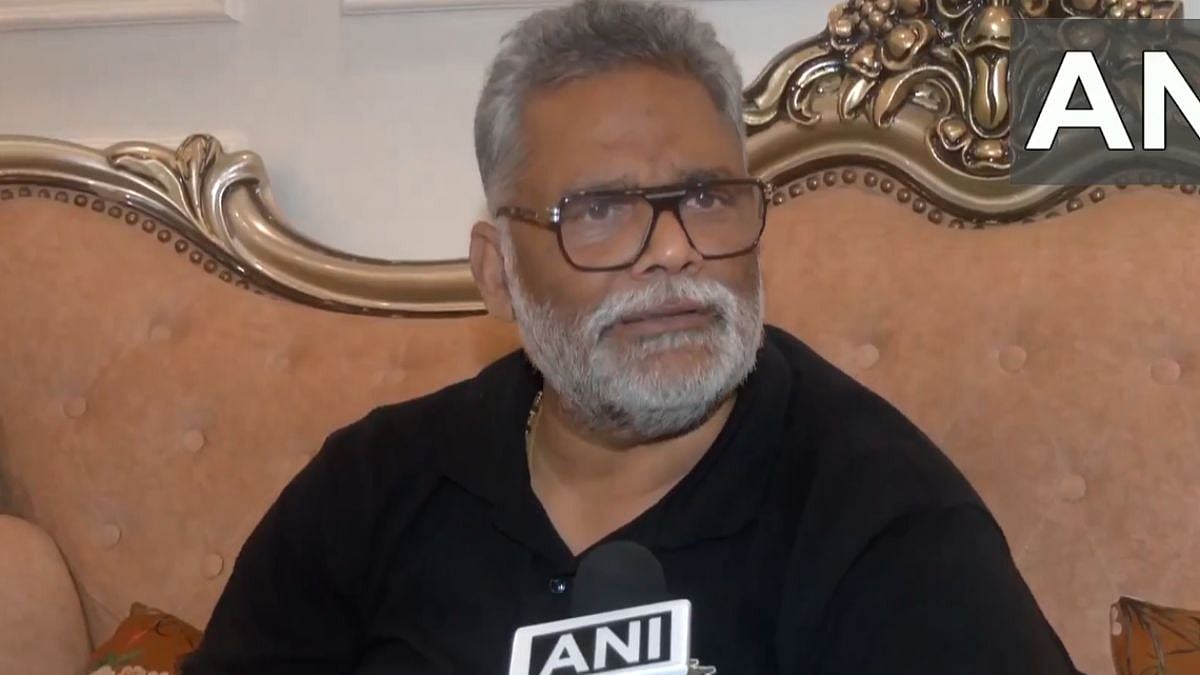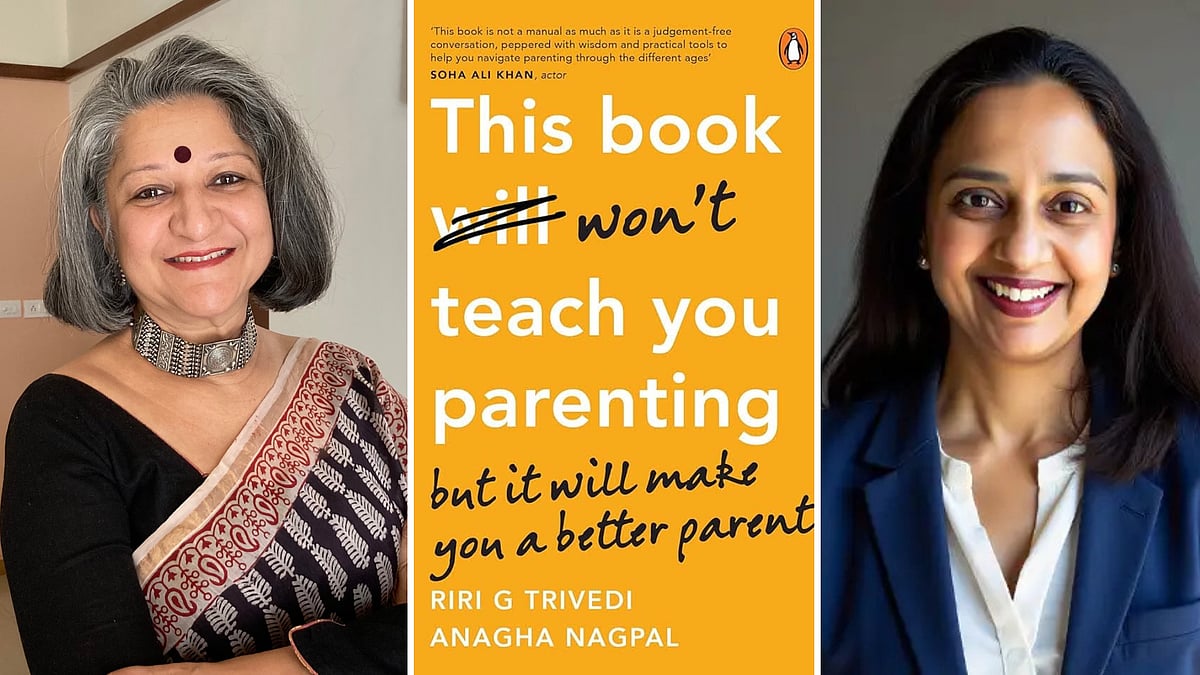FPJ asked its reviewers to speak about books that captured their hearts and ruled their recommendations lists

Book: “Four Aleys”
Author: RenuKurienBalakrishnan
Publisher: Vitasta Publishing Pvt Ltd.
BY Nikhil Katara
Life on the island of Kanyadhan in Kalam- a town in Devanidhi state – flows as gently as the Kanya River which encircles it. Little Aley lives here with her mother Aleyamma and Raman, a wild monkey and Amini, a servant girl, as her constant companions. She hears stories about her grandmother Aley after whom her mother and she are named, from her beloved grandaunt Kunjupenkochama who is the fourth Aley. Then things change. Old faithful retainers challenge the might of her beloved granduncle – Velliachen – the patriarch of the family. The feudal families retaliate. Little Aleystruggles to unravel the mystery of three women all called Aley living through the painful modernization of a feudal society.

Basanti
Author: Bhisham Sahni
Translated from Hindi to English by Shveta Sarda
Publisher: Penguin
Pages: 232
Price: Rs.190
Divya Nambiar
A tale that leaves a mark upon your heart in its utmost simplicity — by way of words, emotions and the description of the lives of the characters, Basanti by Bhisham Sahni, is a must read. As simple as it may seem, it delves into some of the larger problems faced by the poor — the fear of displacement, a lack of security and the like. The feeling of “arriving home” when forced to live a nomadic life is elucidated well.
Basanti is the soul of the tale. It’s her tale and the tale of many others like her who live their lives with an infectious laughter at the most unlikeliest of hours, even when their lives seem to be doomed to the well-off.
It is a startling glimpse into the lives of the ones whose stories often go untold. Their lives may seem shallow at first sight but delve a bit deeper. Often, they are the fighters, the brave warriors who face life boldly, even if it means to life with a ‘bad’ name, a child with his father having escaped with his wife and child, a shattered ‘tandoor’ that was meant to be the source of livelihood for a woman who constantly kept fighting all adversities because after all, she was ‘Basanti’- who knew how to bring ‘spring’ into her life despite the many wilted autumns that she had to face throughout!

Title: Forgetting
Author: Devashish Makhija
Publisher: Harper Collins
Stanley Coutinho
Here is an outpouring of the soul: the dark gloomy clouds pour relentlessly, drenching the reader to the skin and beyond. The book that has impressed me and remained in my mind in almost-forever mode is “Forgetting”, a collection of short stories by Devashish Makhija (Harper Collins: 2014). It carries 49 stories, 26 of which are single-page affairs the significance of which may not be immediately perceptible. Like one looking down a precipice wondering what lurks the mysterious depths. Of the writer’s soul. Hoping against intellectual embarrassment, wishing for something comprehensible.
Among these single-pagers are a few that re-define the meaning of the term, “punchline”. The Untreated, The First Bite, Mine and Ambush, are four takes on situations that leave the reader massaging the solar plexus for some time. The longer stories to grip the reader and deliver that now-familiar punch; then there are poignant accounts of alone-ness, the need to connect and the regret of not having connected when one could. Remembering. Forgetting. Bottles is a nostalgic account of the nearly-extinct baraf-gola-wallah, who figures among so many memories of growing up in the 1960s and 1970s.
The last one, Butterflies on Strings, is a hard hitting account of the struggle: governmental forces versus common folk versus the naxalites. It is based on the author’s own research work on the Naxalites and “inspired by the work of Javed Iqbal and Sharanya Nayak”. Interspersed quotations nudge the reader along, reminding you that the stories individually and collectively have a purpose: the power of memory, the strength of forgetting. There are times when a fact is “at the tip of the tongue” but doesn’t beckon to your call. How far is that memory? Or how near is it?
“Every story must inevitably be a mirror of the soul of the writer,” says Donald Maconochie, The Craft of the Short Story(1936). Makhija comes remarkably close – to the reader’s soul.

Title: “Shambhar Me” (Hundred Me’s)
AUTHOR: Shyam Manohar
Sunil Tambe
This Marathi novel does not have a plot. It revolves around the relationship between I and fiction, issues of life and language. It has hundreds of characters- murderers, corrupt, hooligans, characterless, middle class, simpletons, school-going children etc. The novel deals with their issues of life and the values they cherish along with their comprehension of the world through language and the resultant suffocation due to their inability to develop language. You can start reading this novel from any chapter or page. Some of the chapters are simple one-liners. Short story, a long narrative, monologue, drama, a short fiction and poetry all these literary forms have been skilfully integrated in this novel.

Title: Purifying the Land of the Pure: Pakistan’s Religious Minorities
Author: Farahnaz Ispahani
Publisher: Harper Collins Publishers India
Price: Rs. 499
Jatin Desai
I have read many books this year but Purifying the Land of the Pure: Pakistan’s Religious Minorities impressed me most. It is written by Farahnaz Ispahani and published by Harper Collins Publishers India. As title suggests it is on the conditions and struggle of religious minorities. It analyze rise of religious intolerance since Pakistan came into existence. It gives us an idea how political class used religion for their benefit and how laws were made or amended to please the clerics. It also highlights how Pakistan moved away from Muhammad Ali Jinnah’s modern, secular vision to that of a Islamic nation. It gives details of how most of Pakistan’s regressive laws were introduced during brutal regime of General Zia –ul-Haq during 1977-1988. Book gives details of Blasphemy Laws, anti-Ahmedi Ordincances, Sectarian violence against Shias started during Zia period etc. It talks much of the prejudice against religious minorities can be traced to the Islamists radicals to make Pakistan ‘purer’.

Title: Network 18
Author: Indira Kannan
By Sanjeevani Kher
It is about the audacious story of Raghav Bahl’s entrepreneurship success in building up one of India’s largest media conglomerates spanning television , print , films ,the internet and business and general news ,entertainment , adventure ,and like issues in less than two decades . Starting with Rs 50,000/- from one room in New Delhi, NETWORK 18, the business firm ,built up annual revenue of R 50,000 crores. Poor and overconfident financial decision making led, after many dramatic events , to Network 18 falling in the hands of Mukesh Ambani who dealt with the situation in a very graceful manner. A riveting book and an unputdownable gripping story . Thank you, Kannan.
Also Read : Frontiersman Raghav Bahl: Review

Title: Unthink
Author: Chris Paley
Reviewd By: Rajesh Joshi
One of the best books that I read this year was a book called Unthink by Chris Paley. The book challenges the way we think and whether we think through the conscious or the unconscious mind. Our self image is created by what we hear others saying about us, and it may not be true. We may not be the people of others’ perceptions, and it makes us think about who and what we really are, and whether we do or should match others’ opinions. A truly counter intuitive book.

Title: The Obsession
Author: Nora Roberts
Publisher: Little Brown
Pages: 496; Price: Rs 799
Reviewed BY: Manasi Y Mastakar
Being a Nora Roberts fans, it was obvious that I would pick up this book without much ado. As soon as she had announced this title, my eyes were set on the ‘place order’ section on Amazon. I am an ardent fan of the romantic suspense that Nora writes – they are perfect combination of toe curling romantic scenes and high-octane, keeping you at the edge-of-your-seat suspense. Though her books at time get predictable (well if you read one particular author continuously, you kind of guess what comes next), I still will pick her up over others. The book starts off well: 12-year-old Naomi in the hopes of finding out what her birthday gift is, follows her father into the forest one night, but she stumbles upon a truth that devastates not just her life, but of her entire family. She witness her father entering a cellar, and thinking that that’s where her gift is hidden enters the cellar, but comes across a bound girl, badly beaten. Denial slowly turns into reality when Naomi sees pictures of other girls on the wall. And it downs on her, that her father hasn’t just kidnapped the girl, but also numerous others and is a rapist and a serial killer, who has been escaping the police radar for a long time. After rescuing the girl, Naomi takes her to the police station, post which the father gets arrested. The book builds well. And post the arrest, we see little Naomi coming to terms with her father’s reality, and turning into a beautiful young girl and a successful photographer; but vulnerable inside with her past always haunting her. Her need for change and inspiration drags her to a small town, where she meets Xander; a man who ticks all the right buttons of sensuality in Naomi. Though the romantic plot becomes a tad slow and seems almost dragging. Unlike her other books, Nora introduces the killer towards the end (almost the last few chapters) and in turn gets no place in the book to show his villainy and his obsession with Naomi. Compared to her other books (which I’ve enjoyed very much and read repeatedly) like The Villa, Carolina Moon, Divine Evil, True Betrayals and the like, this book’s climax seems a little rushed with poor plot construction. But it was an enjoyable read nonetheless (call be bias if you will).

Title: The Chemist
Author: Stephanie Meyer
Publisher: An imprint of Sphere
Pages: 512; Price: Rs 650
Reviewed BY: Manasi Y Mastakar
Readers will associate Stephanie Meyer with the celebrated young adult vampire romance series, Twilight Saga – and the incessant criticism that followed the books. Post the Twilight saga, Stephanie also wrote her first adult novel The Host and now returns with a thriller titled The Chemist. And the book engrosses you with the word go. When I first picked up the book (with is a tome with 512 pages) I hadn’t expected it to keep me engrossed (barring a few pages here and there) till the very end. The book sees a young woman (who goes by different names Alex, being the most latest) on the run from some people. These people happen to be none other than a particular section of the US government – a top secret branch, which isn’t named but is simply referred to as the Agency, where Alex (formerly Dr Juliana) used to work as a chemical scientist. Along with her mentor and colleague – Dr Barnaby, her job was to interrogate terrorists and criminals, whom the CIA or other such US agencies brought in. But now, the same people want her dead, which makes Alex change places and identities as one would change clothes. She seldom goes out without being “armed” – being armed in this case carrying various chemicals concoctions on person which had to capacity to incapacitate and kill even the strongest of the CIA agents or assassins that the Agency might chose to send to kill her. One such occasion she is contacted by her former boss with the hope of regaining her freedom back, on the condition she interrogates a school teacher Daniel, who is the prime suspect in possession of a deadly virus. The same virus that we come to know towards the end was made by a few people from the US government, and in order to keep it a secret, the Agency had in the past killed Barnaby and is trying to kill Alex. After she kidnaps Daniel, she realises her former boss has used her a ploy to draw out Daniel’s twin brother (previously assumed dead) and a secret agent who has the knowledge of the virus. What follows post this revelation is a cat and mouse chase for survival for all the three: Alex, Daniel and his twin brother Kevin. Though the book managed to keep me hooked till the end (I wanted to know who in the government was behind the virus) I found the details of Alex’s chemical concoctions a bit boring and tiresome. I hadn’t expected the book to be any better than the other’s that Meyer had written, but she surprised me with The Chemist. Except for one loose end: How Kevin gets arrested when he invades the Vice President’s home to lay a trap to kill him? This isn’t clarified. Overall it was a satisfactory read.










